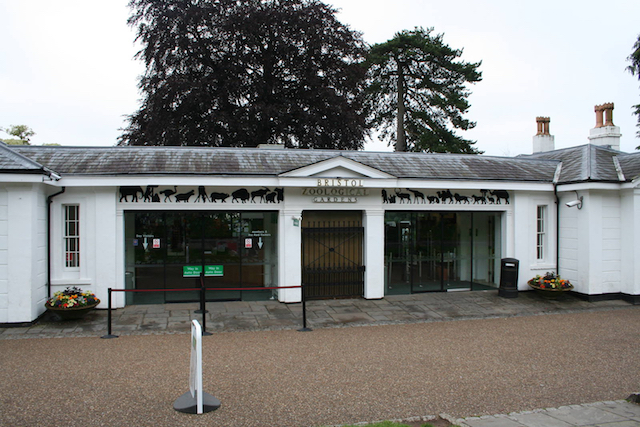Client - Bristol Zoo


Bristol Zoo commissioned BSSEC to conduct an Opportunities Assessment Survey
Client Requirements
Bristol Zoo Gardens is a 12-acre site in Clifton run by the Bristol, Clifton, and West of England Zoological Society, registered charity no. 1104986. The ward-winning zoo has a continuous reputation for excellence, innovation, and dedication to conservation. It is the fifth oldest Zoo in the world and the oldest outside of a capital city, and a long established major tourist attraction in Bristol.
The objectives for the visit were to establish the carbon footprint of Bristol Zoo Gardens and to identify opportunities to reduce the carbon footprint.
Methodology
BSSEC conducted an initial energy saving opportunities assessment in order to reduce energy costs and their environmental impact and to improve the sustainability of their operations. This involved:
- Establishing the carbon footprint and annual energy use
- Carrying out an energy management assessment and site survey to identify technical opportunities
- Consideration of heat recovery opportunities
Outcomes
The main areas for improvement included the formation of an energy policy, improved energy management techniques, and energy monitoring and targeting. The consultation identified that there are also technical opportunities which when implemented can save energy. These include lighting, controls, heat recovery, thermal insulation and automatic meter reading.
The energy saving opportunities BSSEC identified for Bristol Zoo were:
- Produce a formal Energy Policy
- Include a ‘Carbon Focused’ section in their senior management team meeting agenda
- LED lighting replacement
- Install automatic sub-metering, and monitoring & targeting system
- Thermal insulation to exposed internal pipe work
- Site wide energy management system
- Heat recovery to the hippo pool
- Upgrade lighting controls
- Boiler upgrade
Upon the implementation of all the above measures, the aggregated savings represented a 36% reduction in energy consumption and a 20% reduction in cost, or £46.8k, which translates into direct cost savings. It is notable that the potential carbon footprint saving was 58% (which could increase to 100% if biomass boilers are installed).
“We aim to integrate conservation, sustainability activities and social and environmental awareness into every aspect of our work, and promote these values through working partnerships, education and commerce.”
Bristol Zoo – What we do






